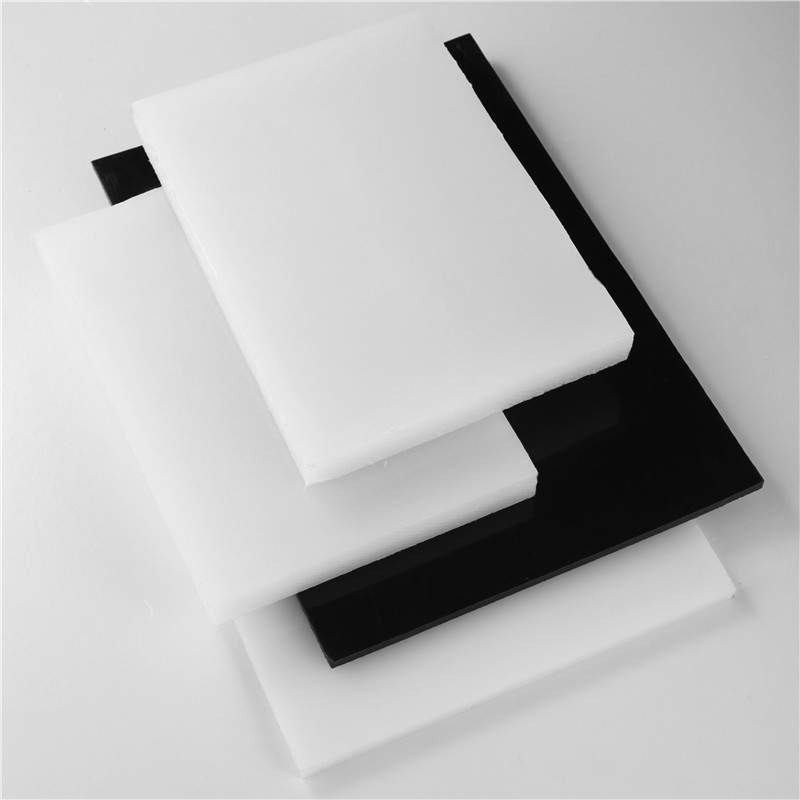Okt . 05, 2024 11:17 Back to list
Understanding the Benefits and Applications of PVC Conduit Pipe in Construction
Understanding PVC Conduit Pipe Benefits and Applications
Polyvinyl chloride (PVC) conduit pipe has become an essential component in electrical installations due to its durability, cost-effectiveness, and versatility. This article explores the benefits, applications, and installation considerations of PVC conduit pipe, making it a popular choice among electricians and builders alike.
What is PVC Conduit Pipe?
PVC conduit pipe is a type of piping made from polyvinyl chloride, a type of plastic designed to protect electrical wires and cables from environmental factors. These pipes are usually available in various sizes and colors, typically white or gray, and are designed to provide a conduit through which electrical wires can run safely and securely.
Benefits of PVC Conduit Pipe
1. Corrosion Resistance One of the standout features of PVC conduit is its resistance to corrosion. Unlike metal conduits, which can rust and degrade over time, PVC remains unaffected by moisture and various chemicals. This makes PVC an ideal choice for installations in wet or corrosive environments.
2. Lightweight and Easy to Handle PVC conduit is much lighter than metal alternatives, making it easier to transport and handle during installation. This can lead to reduced labor costs and faster installation times, making it a highly efficient option.
3. Cost-Effectiveness When it comes to budget-conscious projects, PVC conduit provides an economical solution without sacrificing quality. It typically has a lower upfront cost than metal conduits and requires less maintenance over time, leading to reduced overall expenses.
4. Electrical Insulation PVC is an excellent electrical insulator, helping to prevent electrical shorts and ensuring safer installations. This characteristic is especially important in residential and commercial buildings where electrical safety is paramount.
5. Flexibility and Adaptability PVC conduit can be used in a variety of applications, from residential electrical wiring to large commercial projects. Its flexibility allows for bends and turns, making it suitable for complex installations without the need for additional fittings.
pvc conduit pipe

Applications of PVC Conduit Pipe
PVC conduit pipe is extensively used in various applications, including
- Residential Wiring Home applications often utilize PVC conduit for running wires from the main electrical panel to outlets, switches, and lighting fixtures.
- Commercial Installations Businesses use PVC conduit for the protection of electrical circuits in office buildings, retail spaces, and warehouses.
- Outdoor Use Given its resistant properties, PVC conduit is often employed in outdoor settings, where it can protect electrical lines from weather conditions and physical damage.
- Telecommunication PVC conduit is also vital in telecom setups, where it protects cables that make up communication networks.
Installation Considerations
While PVC conduit is user-friendly, proper installation techniques must be followed to ensure longevity and effective performance. It is essential to adhere to local building codes and regulations, as these guidelines govern aspects such as conduit sizing, burial depth, and fittings.
In conclusion, PVC conduit pipe stands out as a superior choice for electrical wiring applications. Its benefits in terms of corrosion resistance, cost-effectiveness, and versatility make it a preferred option for a wide range of projects. Whether for residential, commercial, or industrial use, PVC conduit pipe is a reliable solution that provides protection and safety for electrical systems. Embracing this innovative material ensures that installations are not only efficient but also durable, meeting the demands of various environments.
-
PP U-channel: Chemical-Resistant, Lightweight & Durable
NewsAug.10,2025
-
Transparent PVC Pipe: Clear Flexible Tubing for Fluids
NewsAug.09,2025
-
Durable PP Rigid Sheet: Versatile & High-Quality Plastic Panels
NewsAug.08,2025
-
Premium Glossy PP Rigid Sheet – Durable & Versatile
NewsAug.07,2025
-
High-Quality HDPE Sheet | Durable Plastic Panels
NewsAug.06,2025
-
High-Precision PVC Rigid Sheets for Vacuum Forming | AI-Optimized
NewsAug.05,2025

